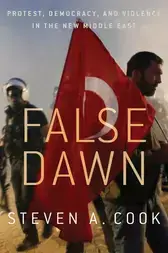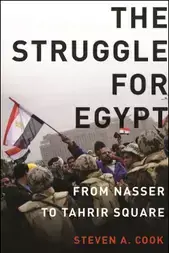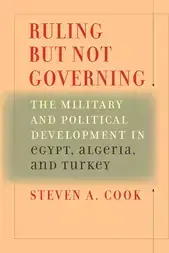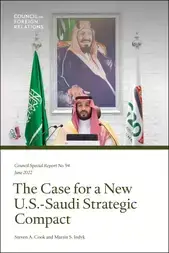Steven A. Cook is Eni Enrico Mattei senior fellow for Middle East and Africa studies and director of the International Affairs Fellowship for Tenured International Relations Scholars at the Council on Foreign Relations (CFR). He is an expert on Arab and Turkish politics as well as U.S.-Middle East policy. Cook is the author of False Dawn: Protest, Democracy, and Violence in the New Middle East; The Struggle for Egypt: From Nasser to Tahrir Square, which won the 2012 gold medal from the Washington Institute for Near East Policy; and Ruling but Not Governing: The Military and Political Development in Egypt, Algeria, and Turkey. Cook is also the author of the recently published Oxford University Press book, The End of Ambition: America’s Past, Present, and Future in the Middle East.
Cook is a columnist at Foreign Policy magazine. He has also published widely in international affairs journals, opinion magazines, and newspapers, and is a frequent commentator on radio and television. His work can also be found on CFR.org.
Prior to joining CFR, Cook was a research fellow at the Brookings Institution (2001–02) and a Soref research fellow at the Washington Institute for Near East Policy (1995–96).
Cook holds a BA in international studies from Vassar College, an MA in international relations from Johns Hopkins University’s School of Advanced International Studies, and an MA and a PhD in political science from the University of Pennsylvania. He speaks Arabic and Turkish and reads French.
 Online Store
Online Store





